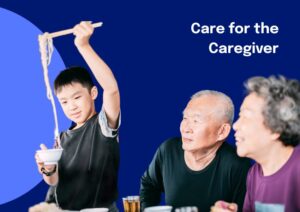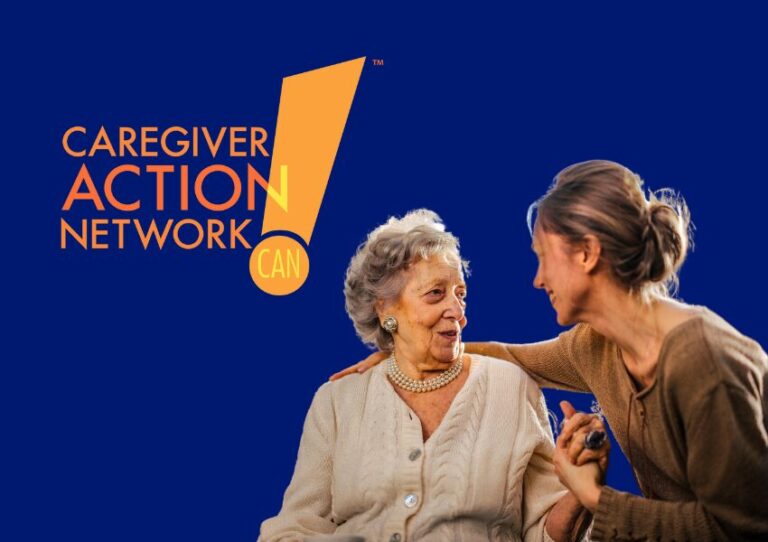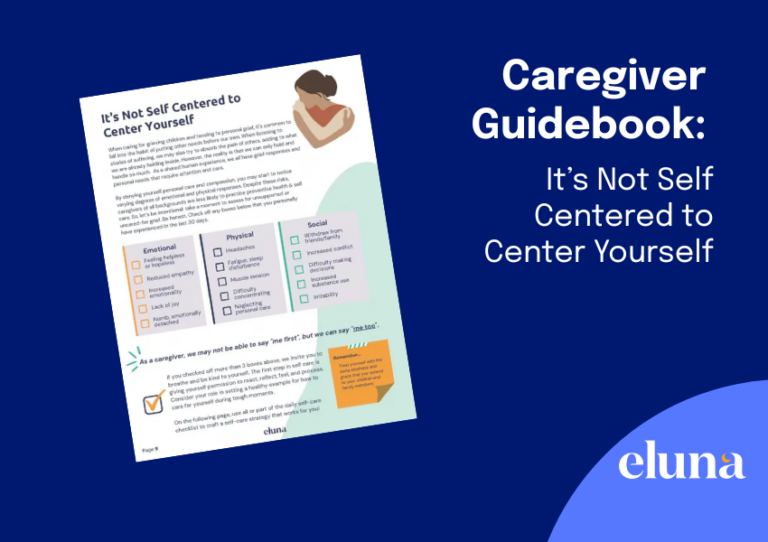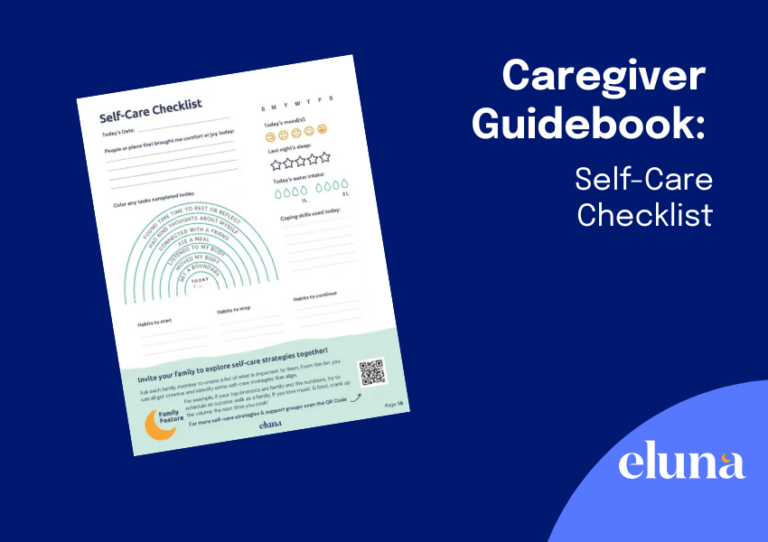Care for the Caregiver
 The questions isn’t IF or WHEN you will experience compassion fatigue….the question is HOW OFTEN and for HOW LONG. Dr. Naomi Rachel Remen said it well:
The questions isn’t IF or WHEN you will experience compassion fatigue….the question is HOW OFTEN and for HOW LONG. Dr. Naomi Rachel Remen said it well:
“The expectation that we can be immersed in suffering and loss daily and not be touched by it is as unrealistic as expecting to be able to walk through water without getting wet.”
The reality is, as caregivers, we have our own stories. We have experienced our own losses, trauma and heartache. Every time we listen to the stories of those we serve, we are flooded with the suffering being shared, but also the insurgence of our own! If you are a parent, grandparent, guardian, mentor, mental health professional, healthcare professional, frontline worker, first responder, or educator this post is for you! Let this be your reminder, even better, your permission, to prioritize self-care. At Eluna, we believe it is your ethical responsibility to take care of yourself so that you can continue to care for others.
Understanding the Risk:
Taking care of others is both physically and emotionally consuming. Over 50% of caretakers report harmful impacts on their wellbeing, particularly showing up in the form of stress, negative moods, sleep deprivation, isolation, and weight gain. The CDC reports that caregivers are at an increased risk to have multiple chronic diseases. For frontline workers during covid, a study by MHA found that 93% of health care workers were experiencing stress, 86% reported experiencing anxiety, 77% reported frustration, 76% reported exhaustion and burnout, and 75% said they were overwhelmed. Several studies have also found high burnout rates for mental health professionals.
Checking In:
Despite the risks, caregivers and support professionals of all backgrounds are less likely to practice preventive healthcare & self-care. While supporting others, it is easy to put your personal needs on the back burner. Here we have consolidated some of our favorite tips & tools from one team of caregivers to another.
Be Kind to Yourself:
The first step in self-care is giving yourself permission to react, reflect, feel, and process. Compassion fatigue can show up in a variety of ways and all of these responses are okay – you are doing the best you can to show up every day! Treat yourself with the same kindness and grace that you extend to the children, adults, and families that you serve.
Breathe:
It is supposed to come naturally, and yet, as caregivers, we often find ourselves trying to catch our breath. Remember, when faced with stressful situations our bodies naturally respond with what is called the ‘relaxation response’ to regulate our nervous system back to normal. The good news is that you can purposefully activate this relaxation response through these mindfulness, yoga, tai chi and deep breathing exercises designed specifically for caregivers.
Stay Connected:
While tending to the wellbeing of others, it can be difficult to stay connected with friends and family. However, this slip into isolation can greatly impact your wellness and ability to serve others. Be intentional about incorporating connection into your selfcare plan. Furthermore, connecting with other caregivers in a similar role can be beneficial. Check out the comprehensive list below of various support groups for caregivers, frontline workers, and support professionals.
Explore Self-Care Strategies:
Take time to “try on” different self-care strategies and choose one that work best for you. One approach is to create a list of your top values and choose a self-care strategy that aligns. For example, if your top values are family and the outdoors, try to schedule an outdoor walk with a family member. If you value music and food, then don’t hesitate to crank up the volume the next time you cook!
Make a Plan & Commit:
There are two steps we recommend when starting a selfcare plan: broad stroke visioning followed by finely tuned details.
- Visioning exercises often include colors and images to visualize big-picture goals. Click here for a blank template of a self-care vision board.
- Detailed planning, also known as a SMART self-care plan, can be helpful when solidifying your vision into a concrete routine. SMART stands for specific, measurable, attainable, relevant, and time-based. SMART goals have been found to increase accountability and likelihood for success. For example, you might say “I’ll go on a bike ride twice a week” instead of “I’ll try to exercise”.
Accountability:
Consider creating a self-care plan that you can post in a visual place that you will frequent every day. You may also find it helpful to share your plan with someone who cares about you! Expressing your commitment to selfcare increases your accountability. Pro tip: Schedule self-care activities into your daily calendar just like you would any other appointment. By saying ‘no’ to events that may get in the way of self-care, you are saying ‘yes’ to yourself!
Remember:
Taking care of yourself is an individual and universal right and responsibility. Universally, we believe that employers play a crucial role in providing space for rest and renewal. It’s important for schools, organizations, and companies to review their systemic approach to wellness equity & support – on every level. Individually, we all hold an ethical responsibility to respect our worth through self-care advocacy and commitment. The duty to help cannot be performed if there is not a duty to self.
Caregiver Support Groups & Services:
For ALL Caregivers:
- The Caregiver Action Network (CAN) is a nationwide non-profit organization aimed at helping to support all types of caregivers, including family caregivers who are parents of children with disabilities, caregivers helping wounded veterans, as well as caregivers for people with dementia and other age related debilitating disorders. CAN specializes in providing education and peer support (via a large community of various caregivers) and resources to family caregivers. All of the services offered are free of charge.
- Caregivers Hub Support Group (on Facebook) A place for caregivers to support and be supported. Family caregivers, former caregivers, professional caregivers all exist here. We have an emphasis on nonjudgement and moderators who maintain that.
For Family Caregivers:
- Working Daughter is a website as well as an online Facebook-based support group for working daughters who are caring for their elderly parents (or other care recipients).
- AARP Family Caregivers Discussion Group (on Facebook). This official AARP group for you as a place to connect, share practical tips, offer support, and discuss your family caregiving experiences. Currently over 9,900 members.
- Caring for Elderly Parents (Facebook) A supportive place for caregivers. Over 22,000 members.
- Family Caregiver Alliance (FCA) has provided services to family caregivers of adults with physical and cognitive impairments. Services include assessment, care planning, direct care skills, wellness programs, respite services, and legal/financial consultation vouchers. Ongoing support is also available through their secure online service, CareNav.
For Individuals Taking Care of their Spouse/Partner:
- The Well Spouse® Association advocates for and addresses the needs of individuals caring for a chronically ill and/or disabled spouse or partner. They offer peer support and educate health care professionals and the general public about the special challenges and unique issues “well” spouses face every day.
For Parent & Guardian Caregivers:
- Parent to Parent USA is a non-profit organization that is aware of the unique challenges parents and guardians have when dealing with different types of disabilities. They created a free program that matches parents via a 1-to-1 support partnering relationship.
For Mental Health Caregivers:
- NAMI Family Support Group is a free peer-led support group for any adult with a loved one who has experienced symptoms of a mental health condition. Gain insight from the challenges and successes of others facing similar experiences.
- Courage to Caregivers is accepting registrations for volunteers (caregiver providing support) and participants (caregivers seeking support) for its virtual One-to-One Caregiver Peer Support program. This program connects caregivers with volunteers who have experience caring for someone with a mental illness. The purpose of the program is to provide participants with support and resources so they are better able to take care of someone else.
For Military & First Responders:
- Hidden Heroes brings vital attention to the untold stories of military caregivers and seeks solutions for the tremendous challenges and long-term needs they face.
- The Battle Within provides free therapy to medical personnel, first responders and veterans. Private therapists are available to work with individuals in crisis, or who are experiencing grief, anxiety, stress or trauma.
- 911 At Ease International provides access to free trauma-informed counseling for frontline responders and families, including police, fire, paramedics, emergency medical personnel and other essential agencies.
For Healthcare Professionals:
- PeerRxMed is a free peer-to-peer program for physicians and other health care professionals. PeerRxMed offers support, connection, encouragement, resources and skill building for optimal well-being.
- Physician Support Line helps physicians and medical students navigate personal and professional challenges through a volunteer network of psychiatrists.
- American Academy of Experts in Traumatic Stress offers online support groups for emergency responders and health care workers.
- Nurse Groups is a free and confidential videoconference group service for nurses to connect and process issues related to COVID-19.
- Disaster Response Assets Network offers free online peer support groups for frontline responders and health care professionals.
- Therapy Aid provides pro-bono therapy for frontline health care professionals, including individual and group support.
- The Emotional PPE Project connects health care professionals with licensed mental health professionals who can help. This service is free and does not require insurance.
Covid Support:
- COVID Mental Health Support from the Pandemic Crisis Services Response Coalition offers free mental health support, searchable by area.
- Resources for Frontline Healthcare Families impacted by the covid pandemic.
Authored by Eluna staff: Kelly Petersohn, LCSW and Sarah Behm, MBA, PPS


